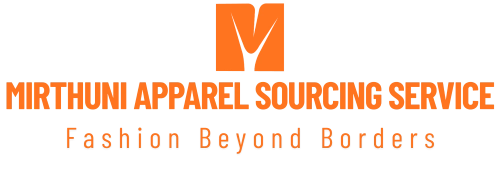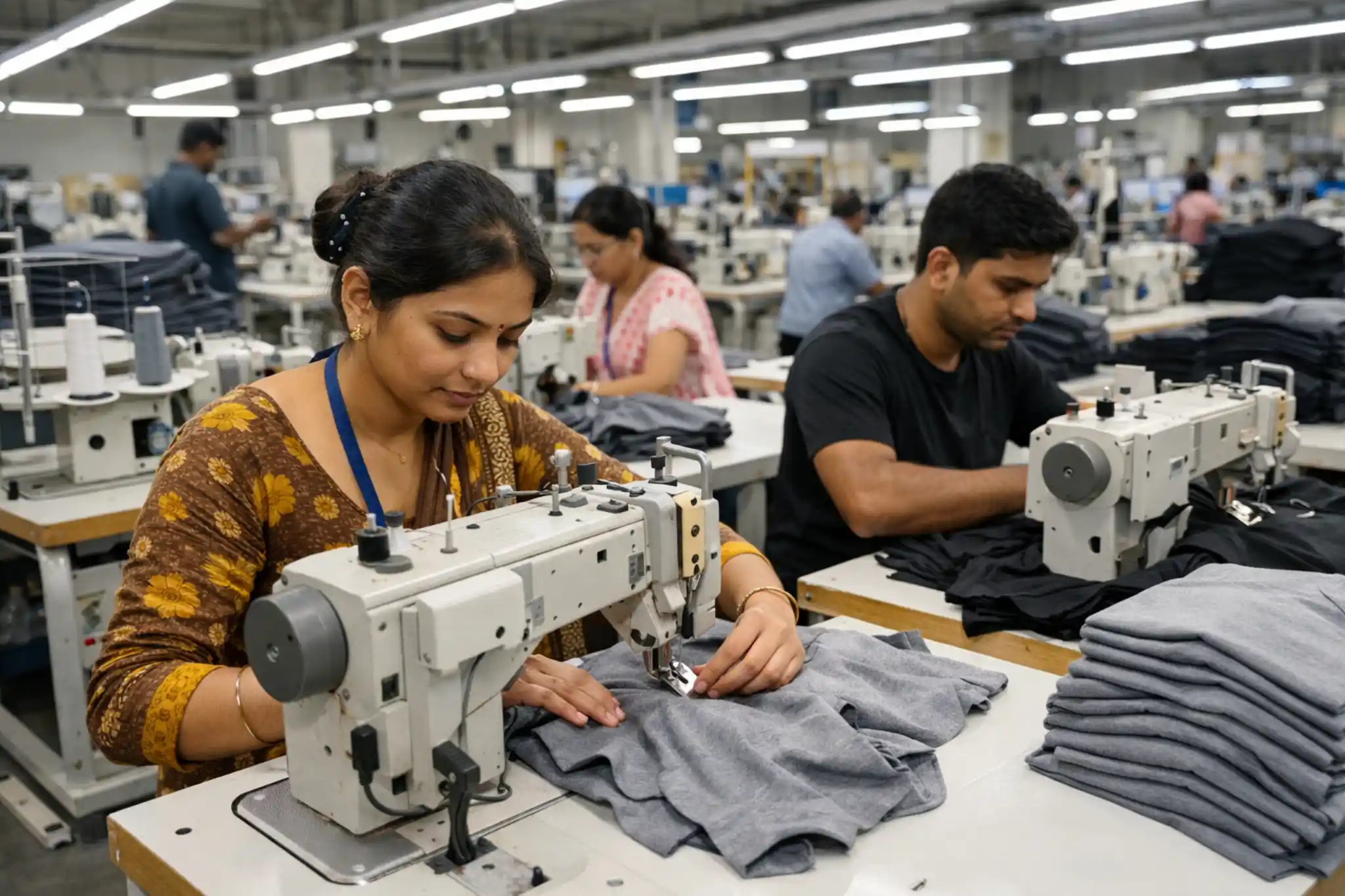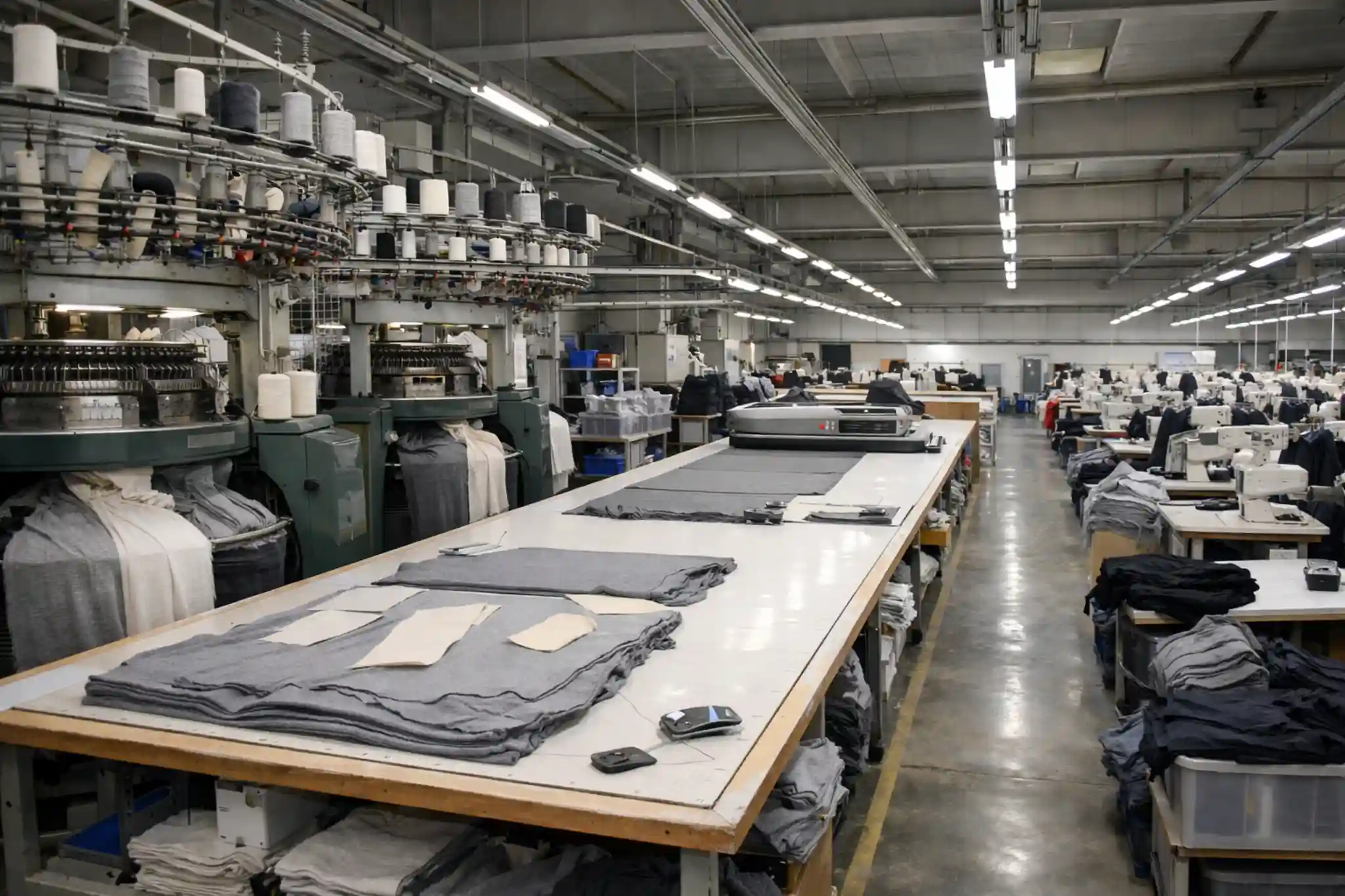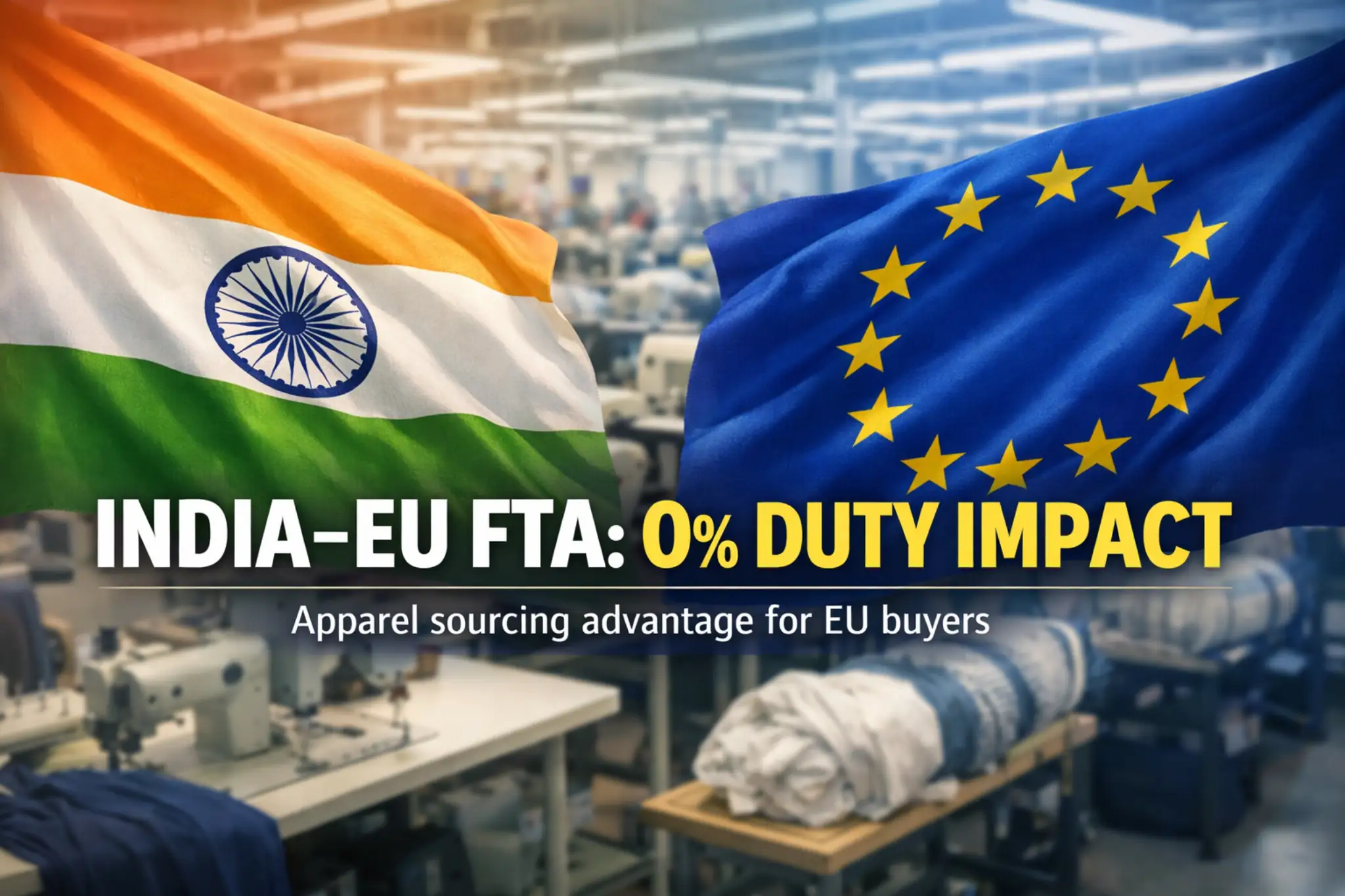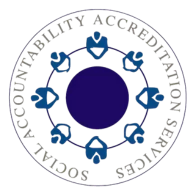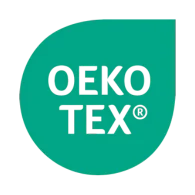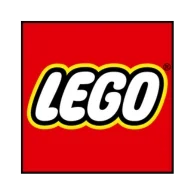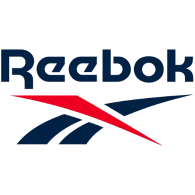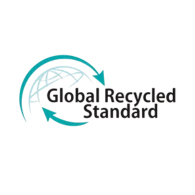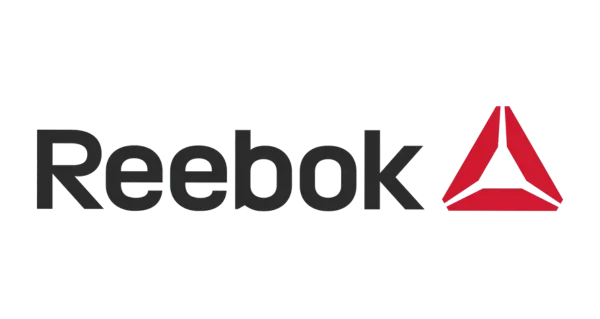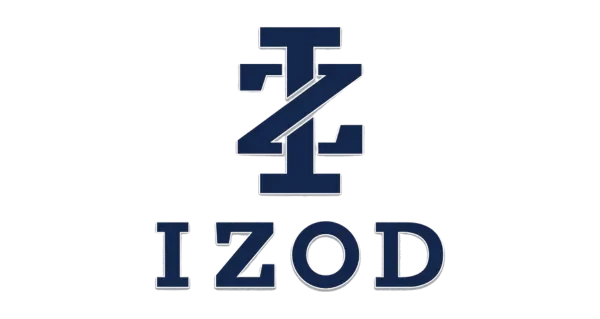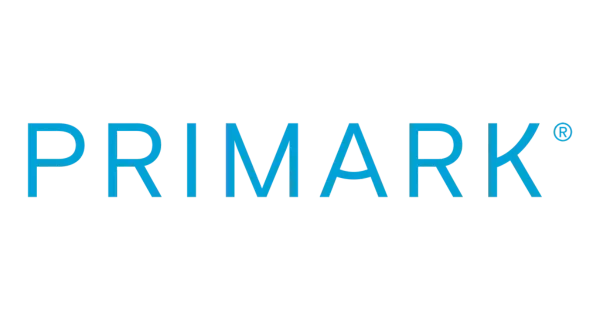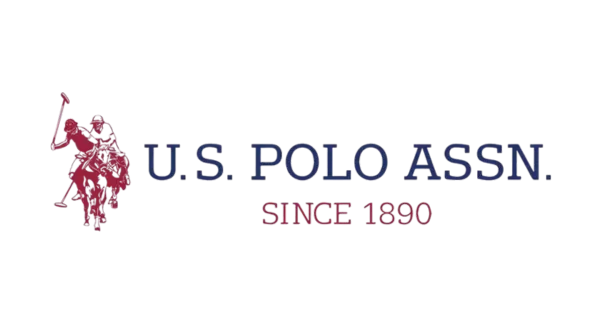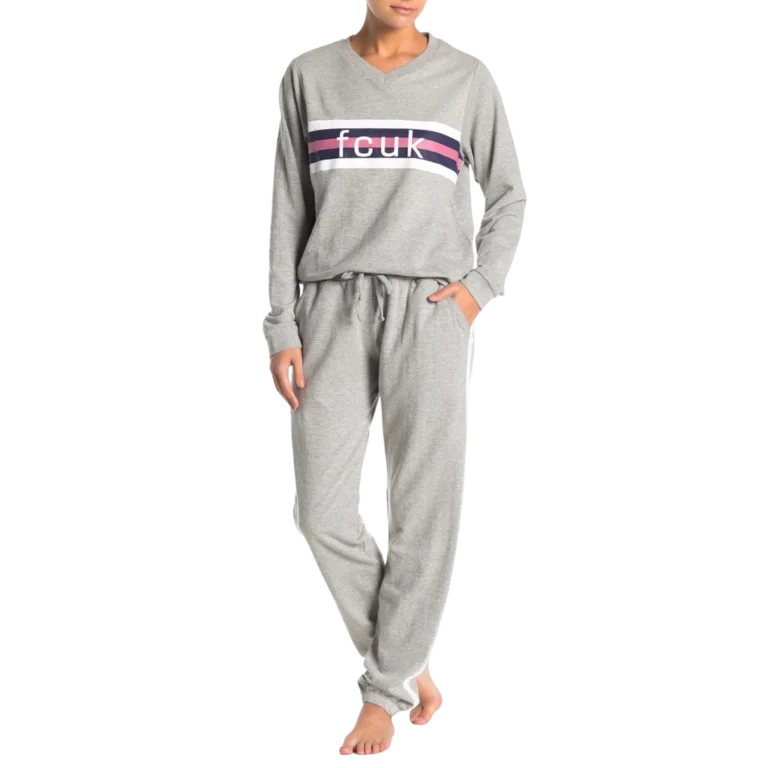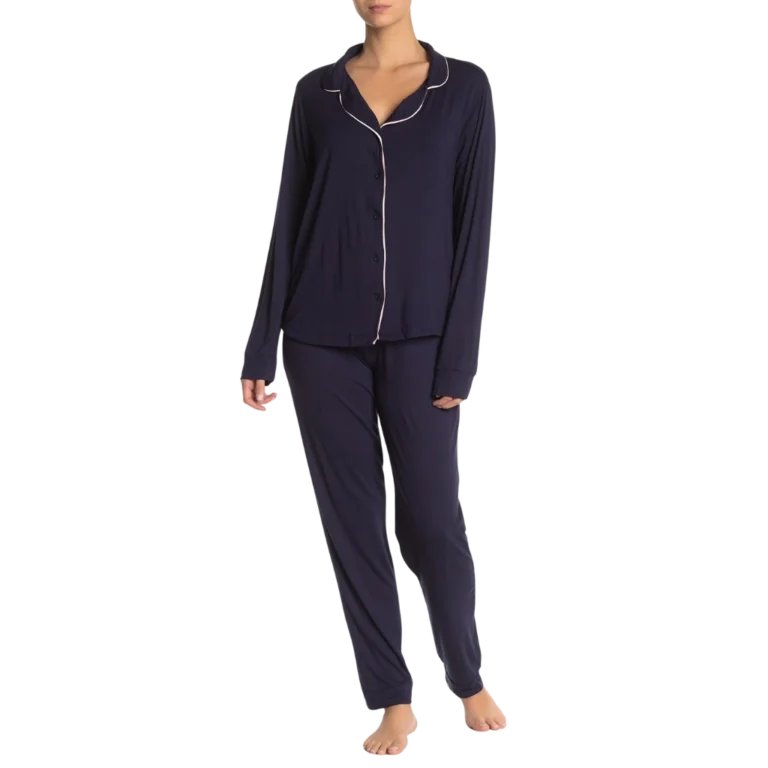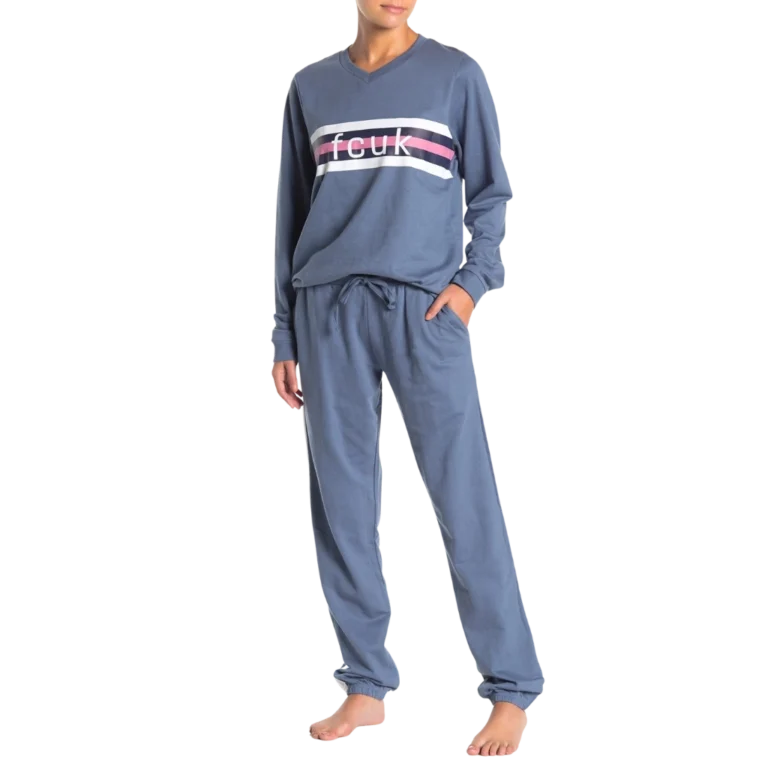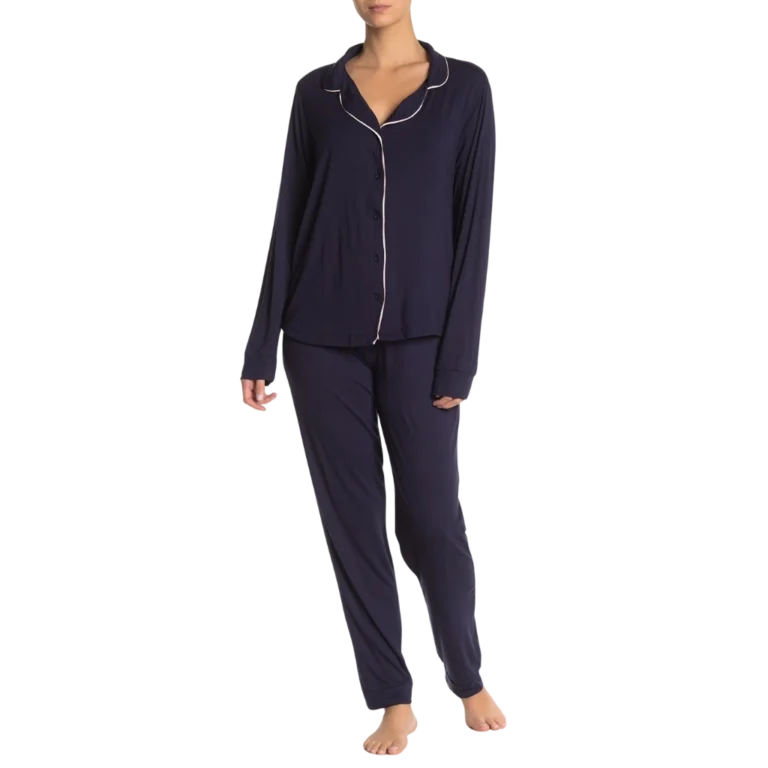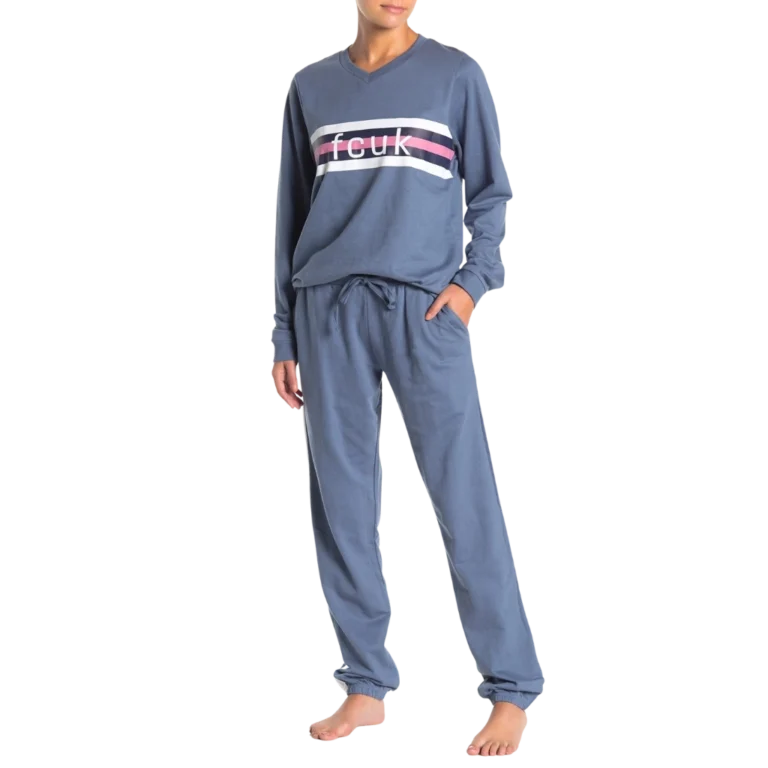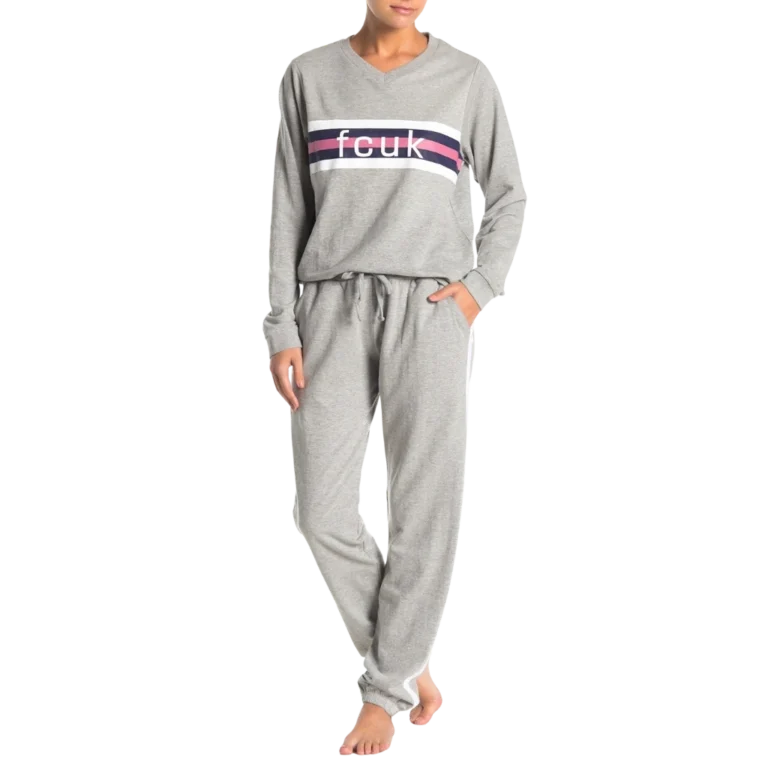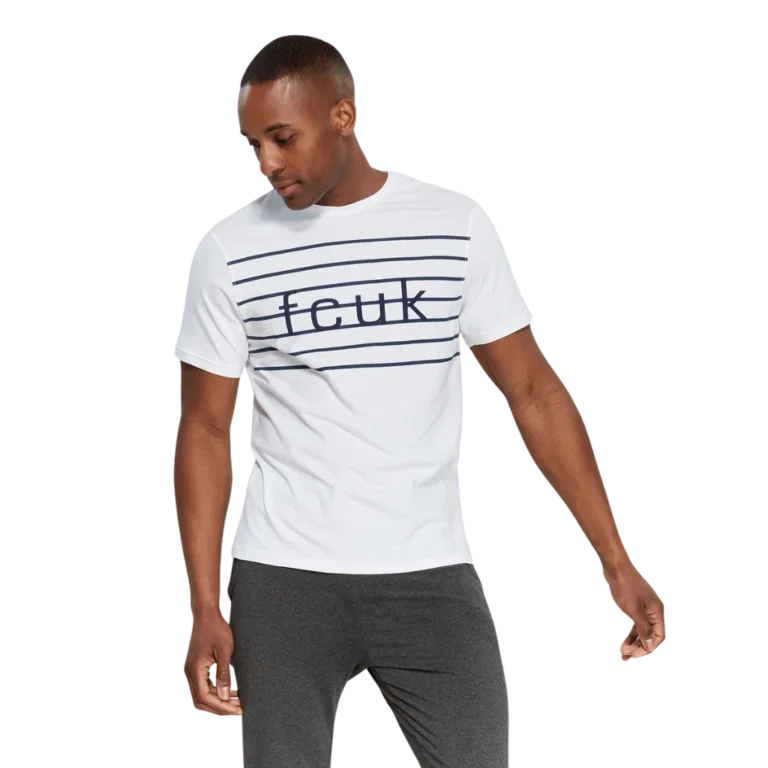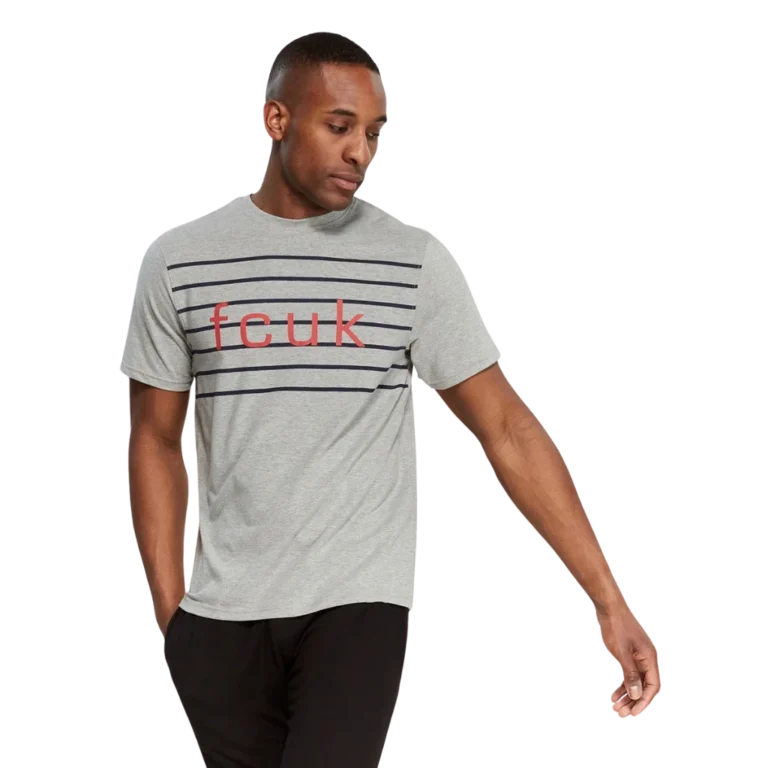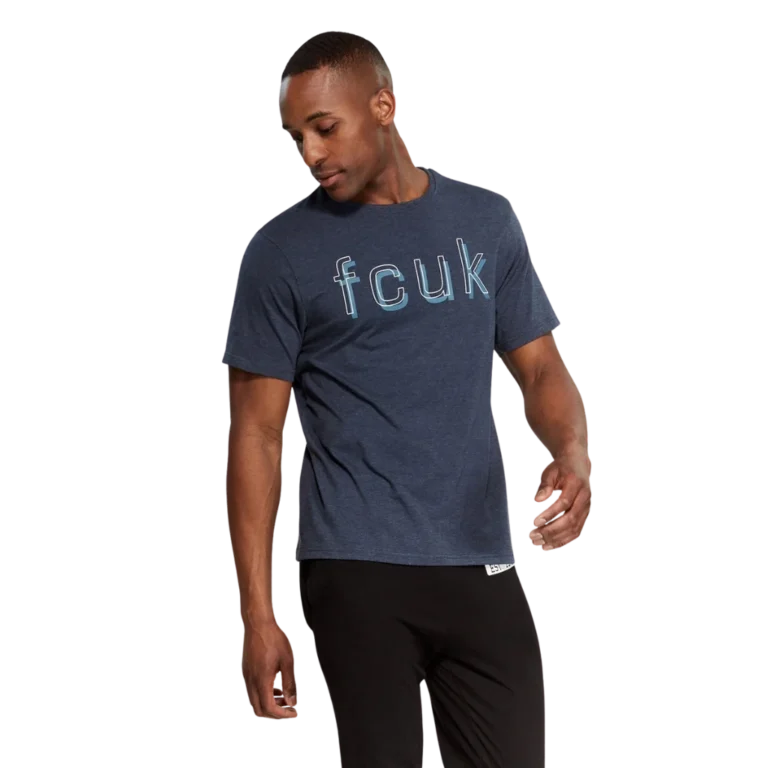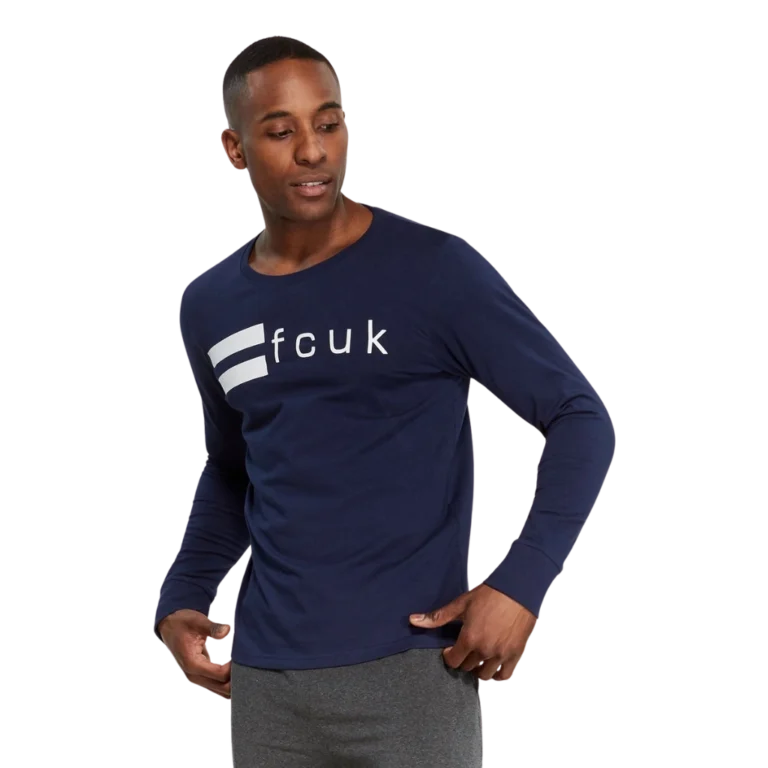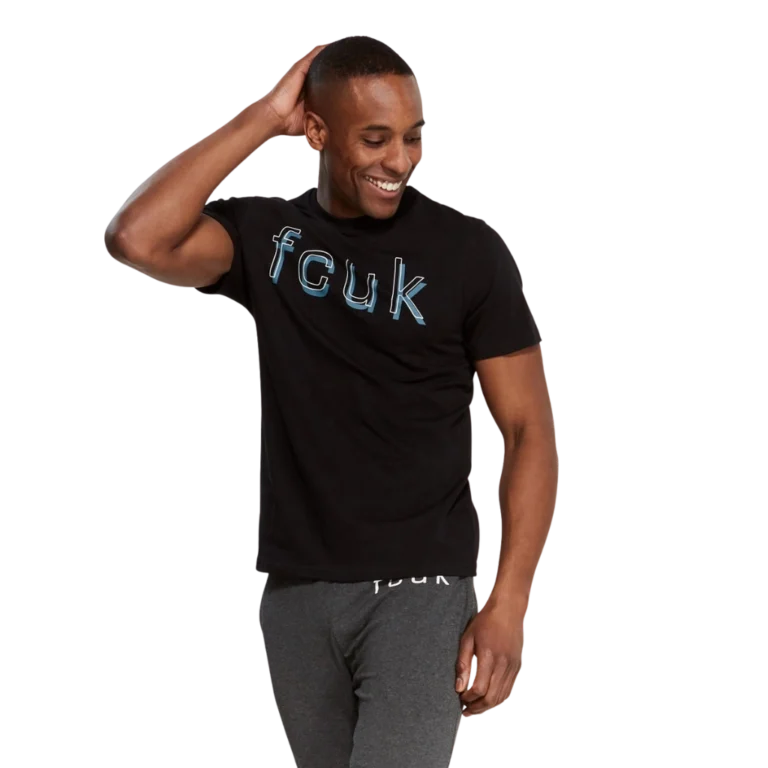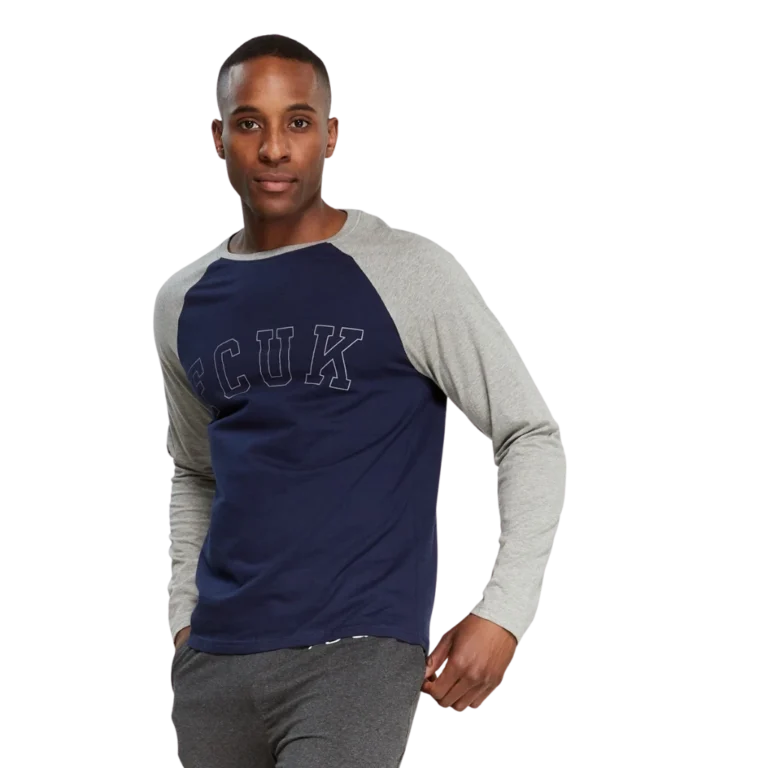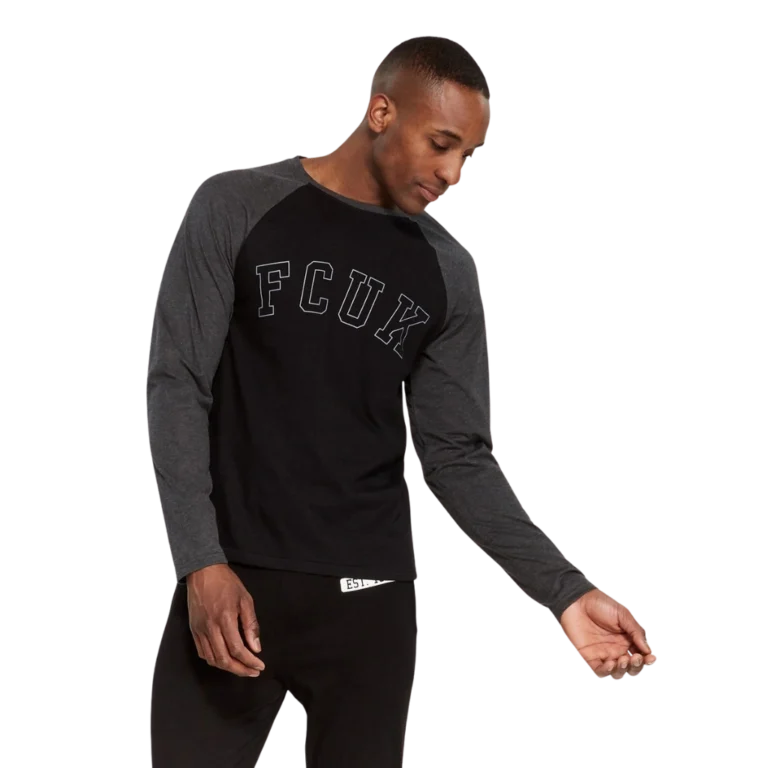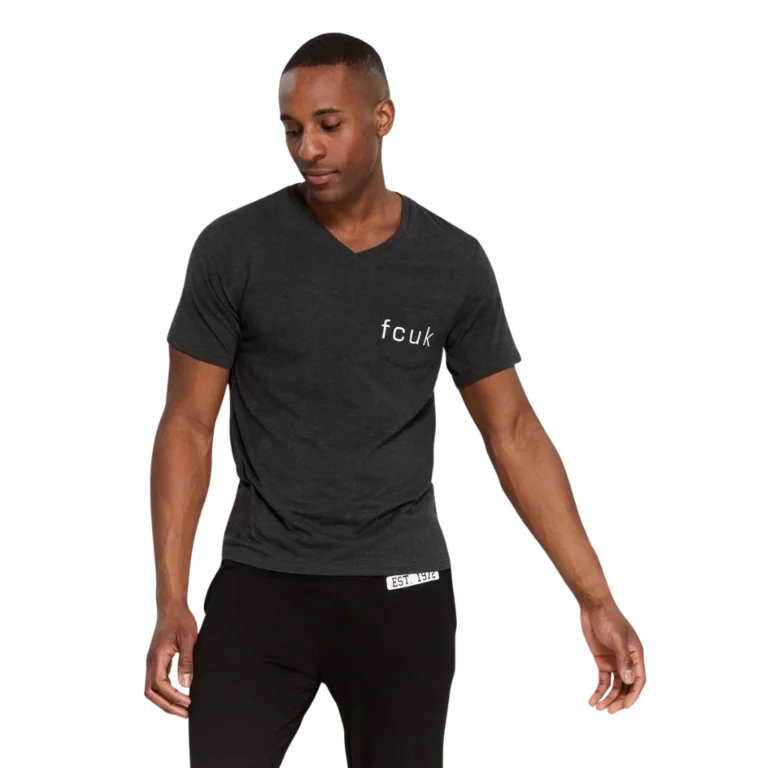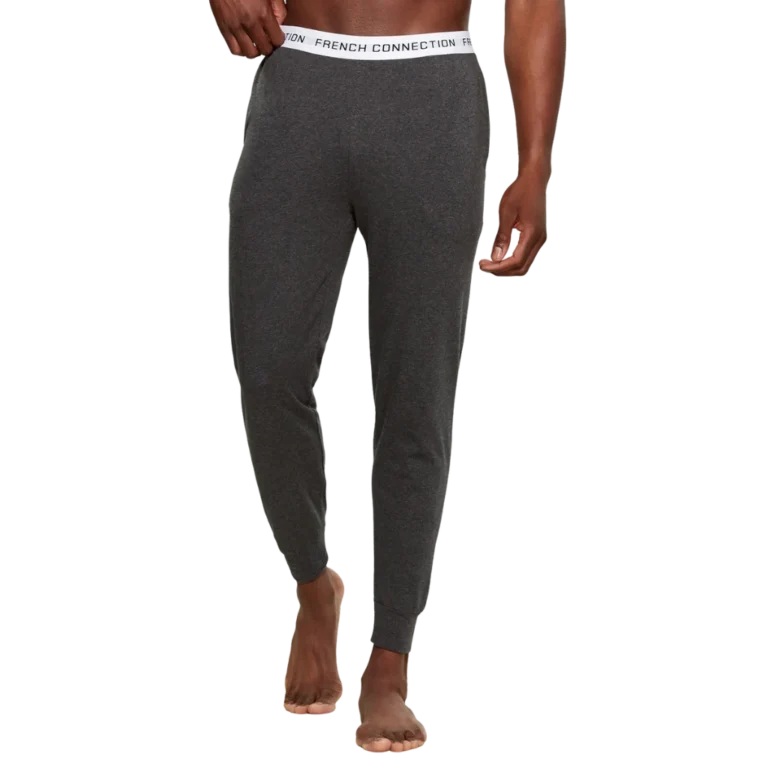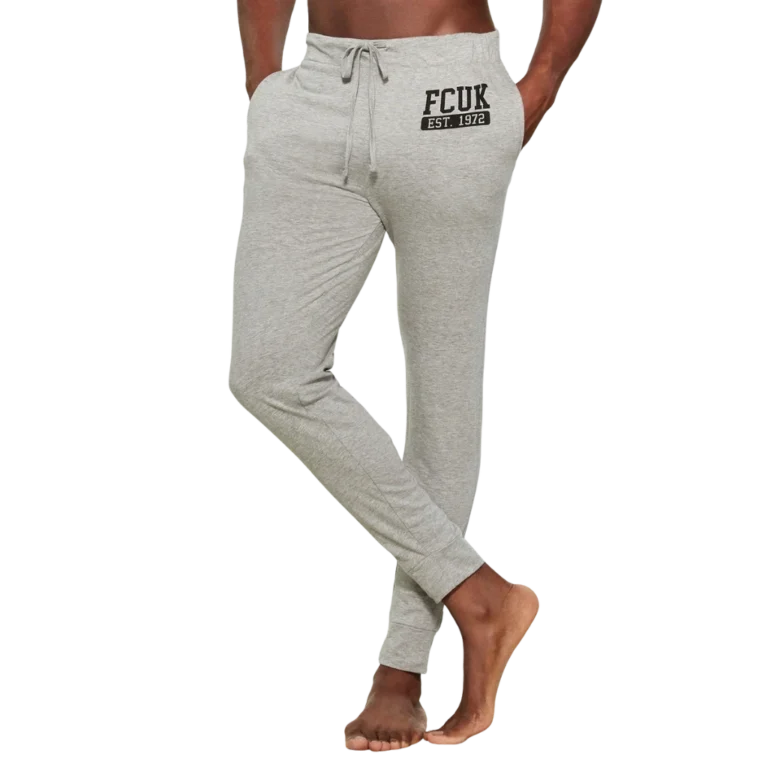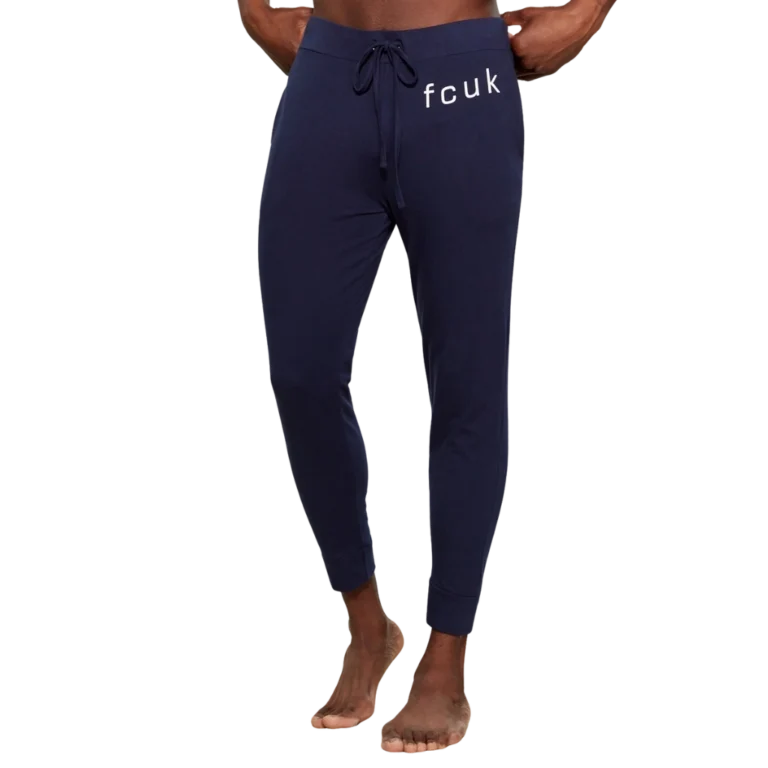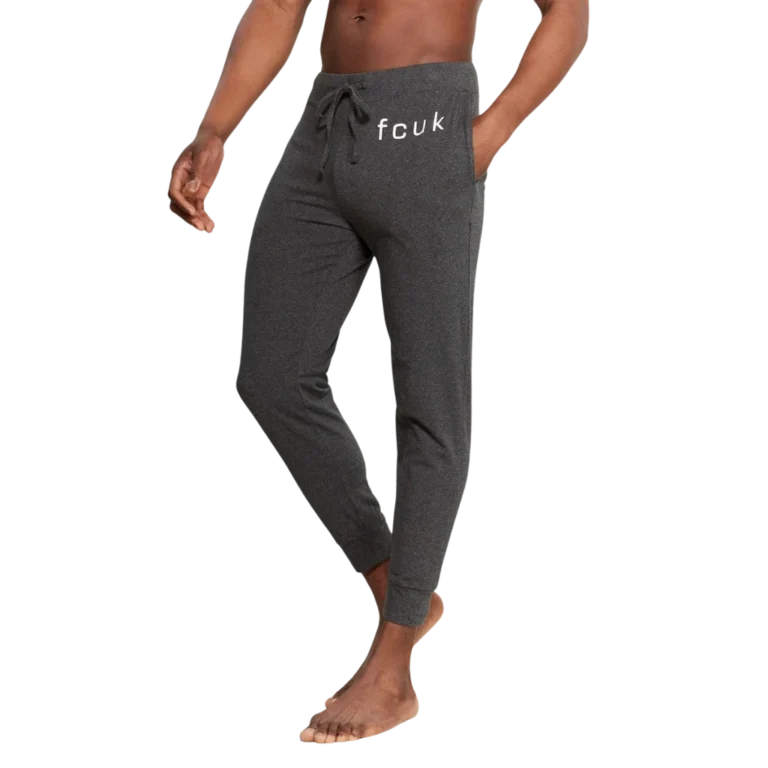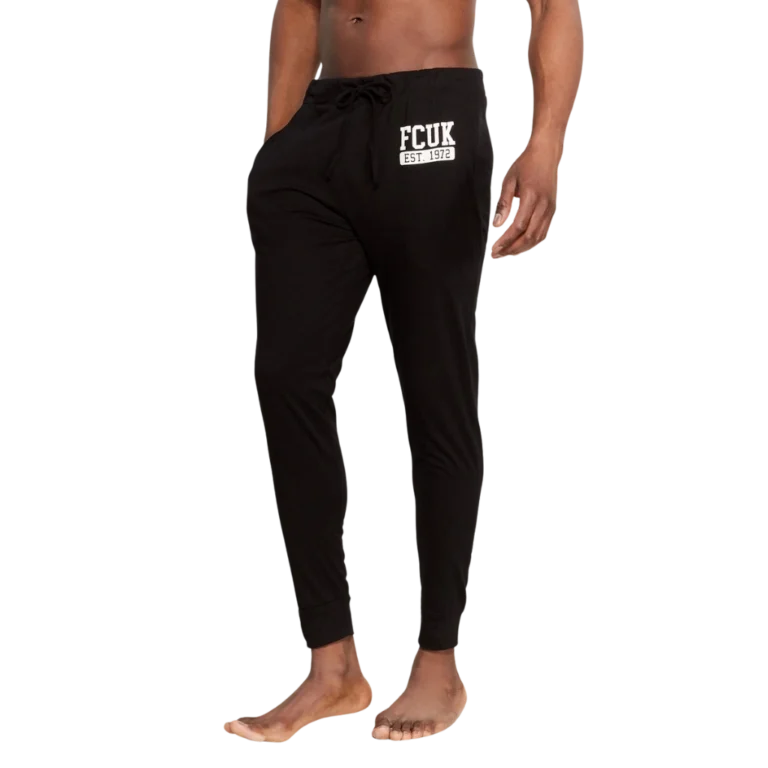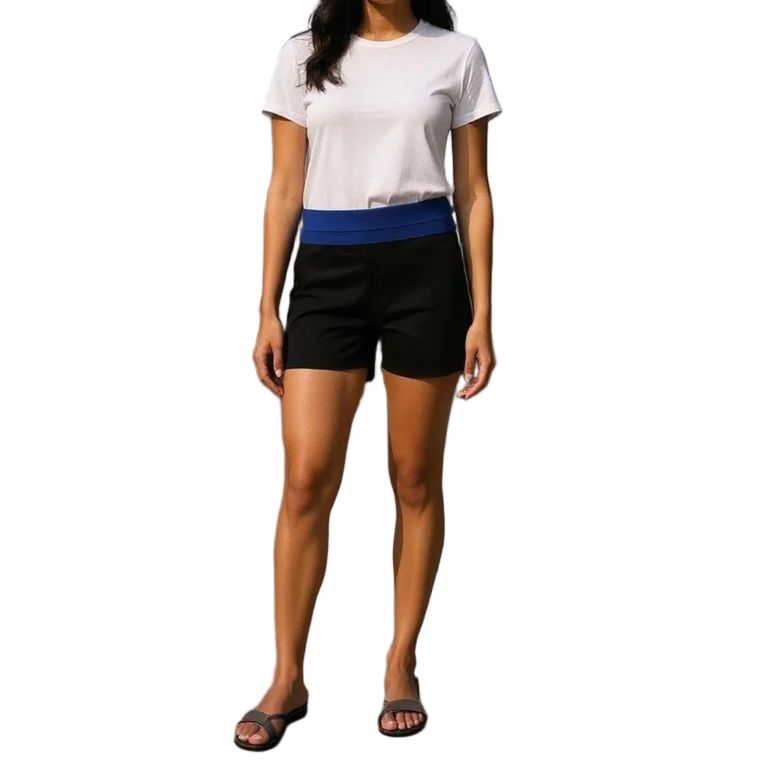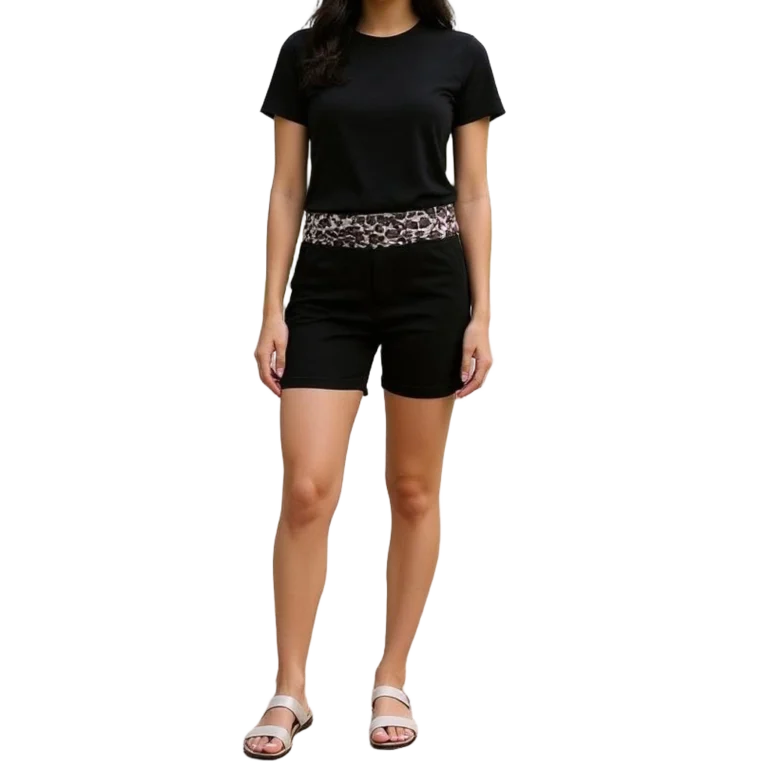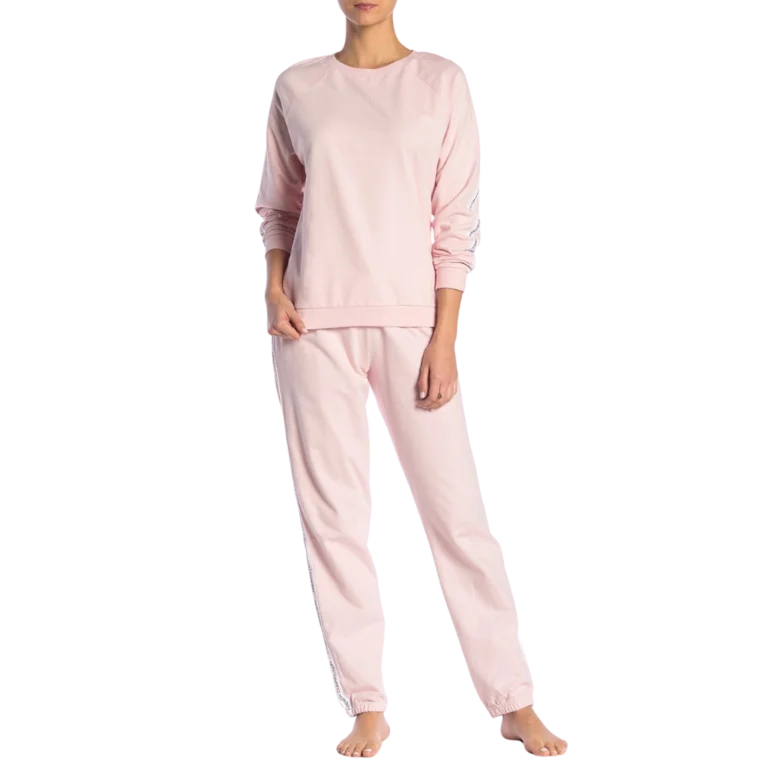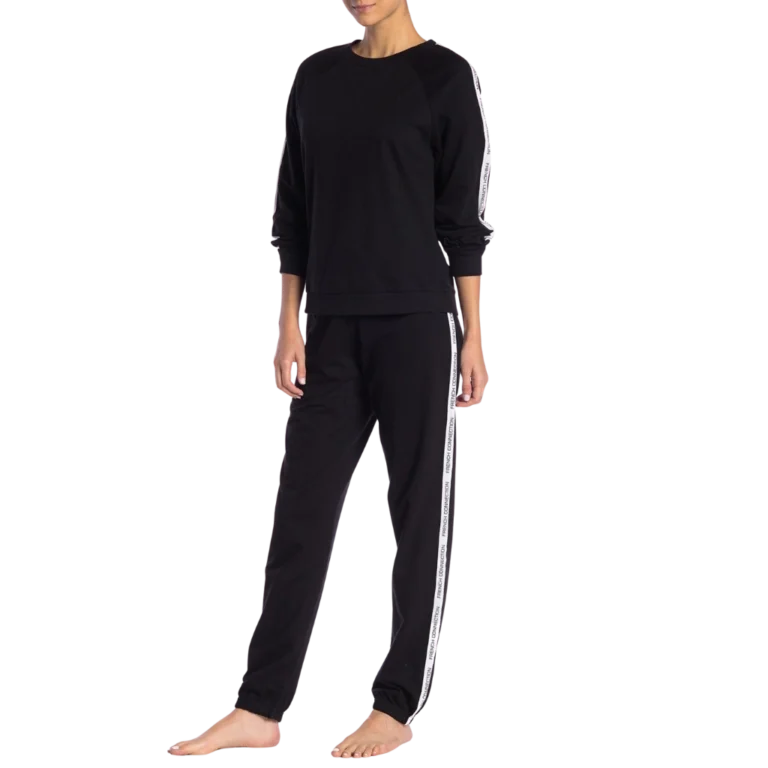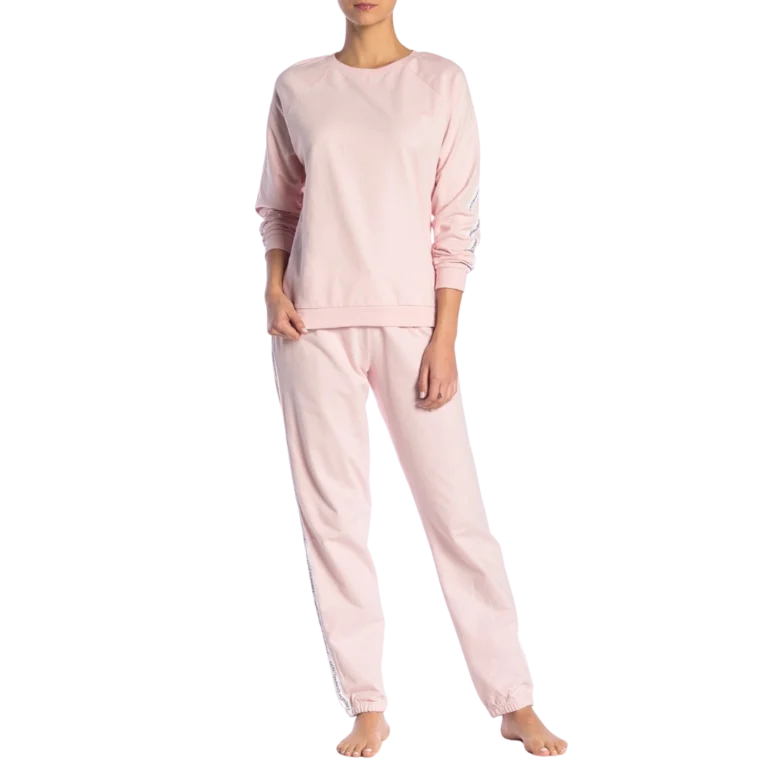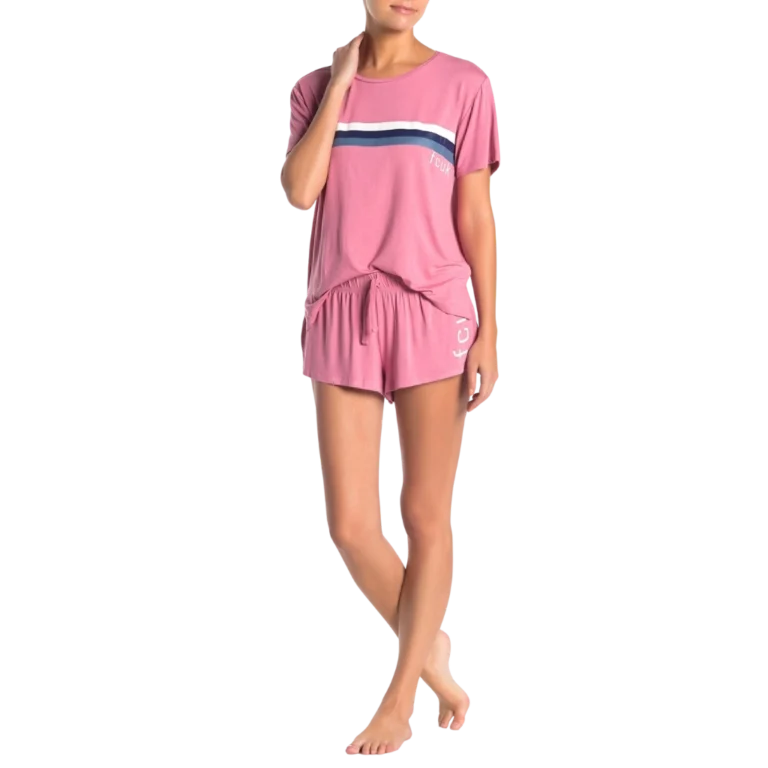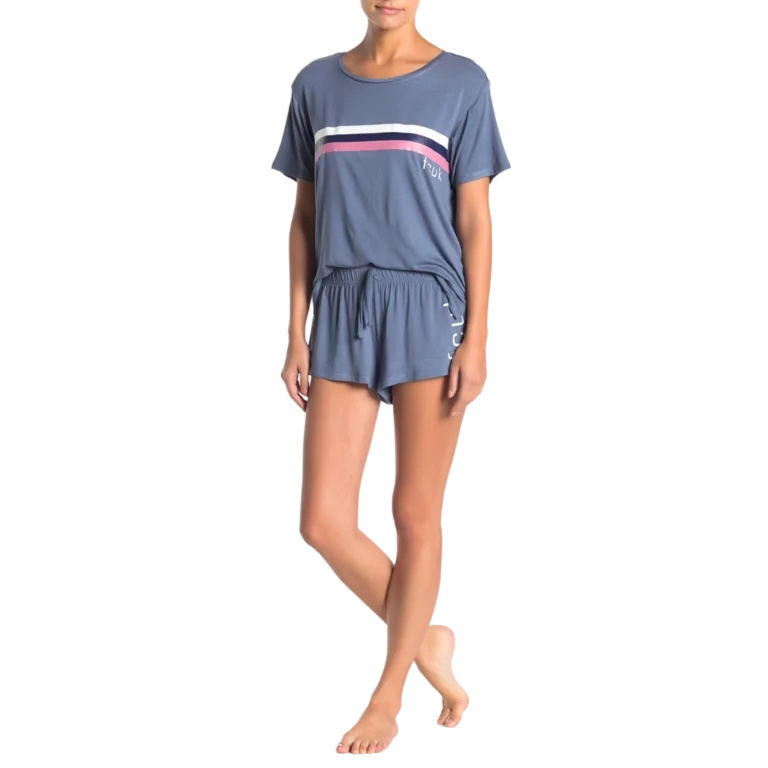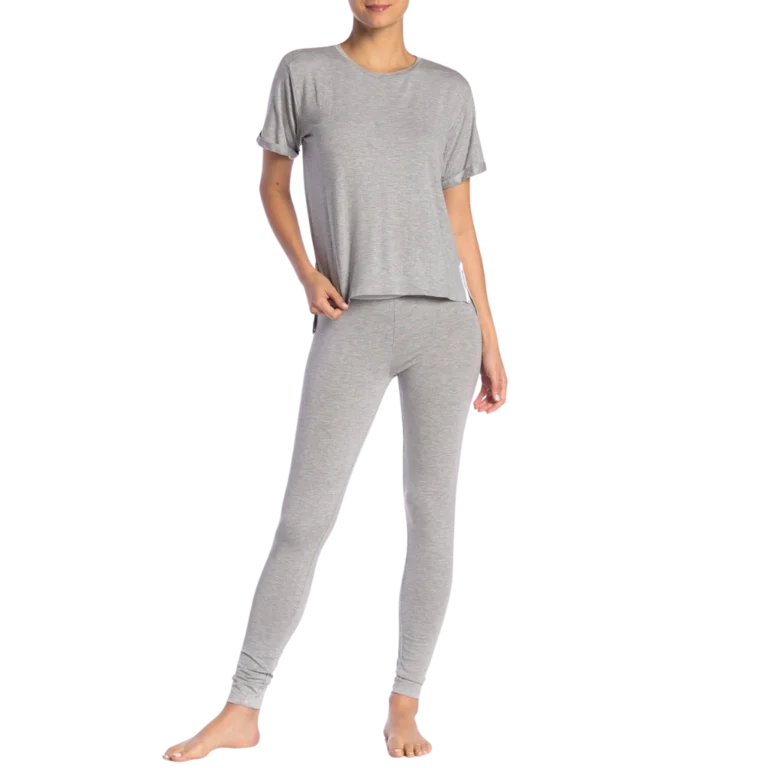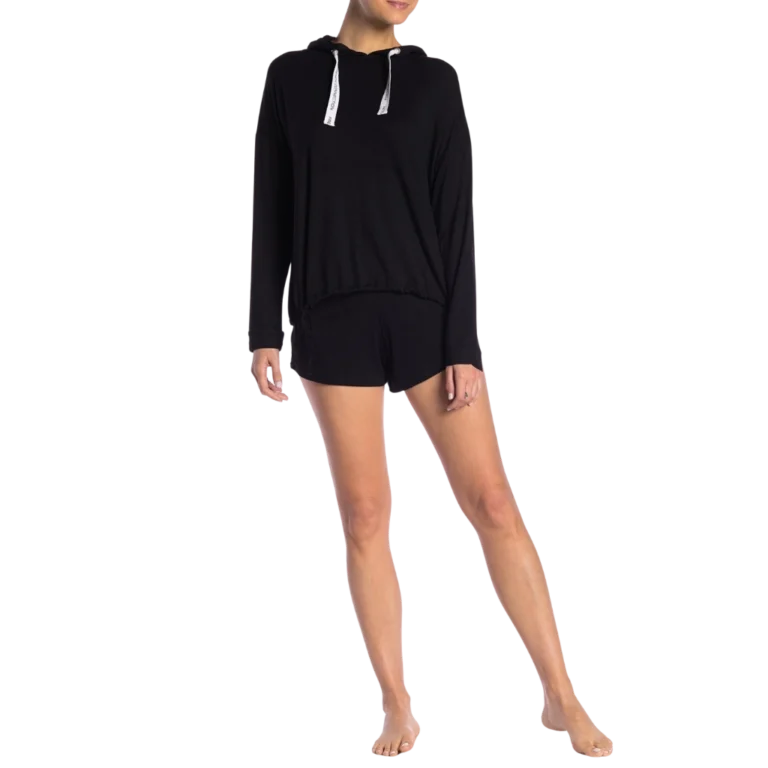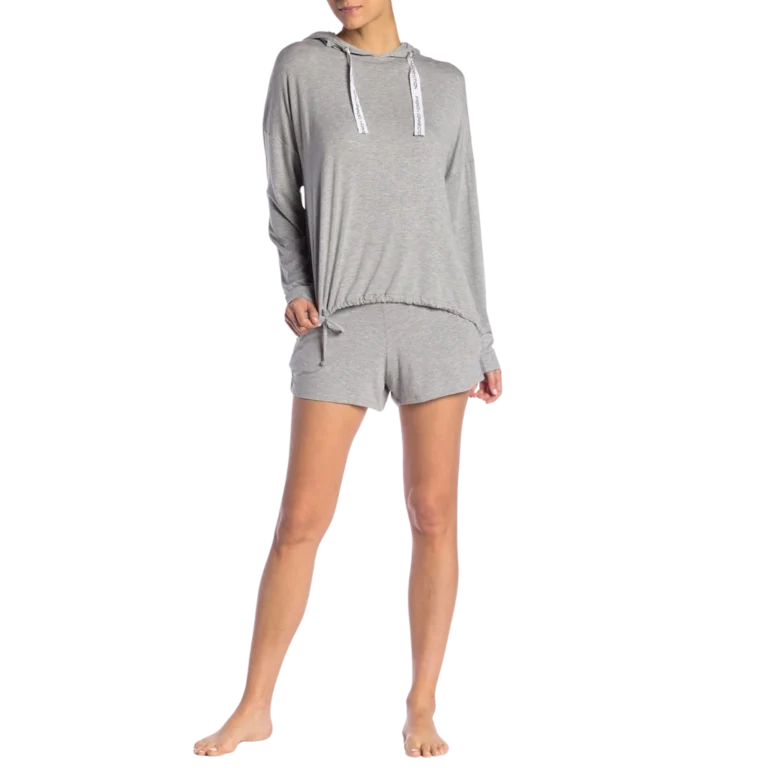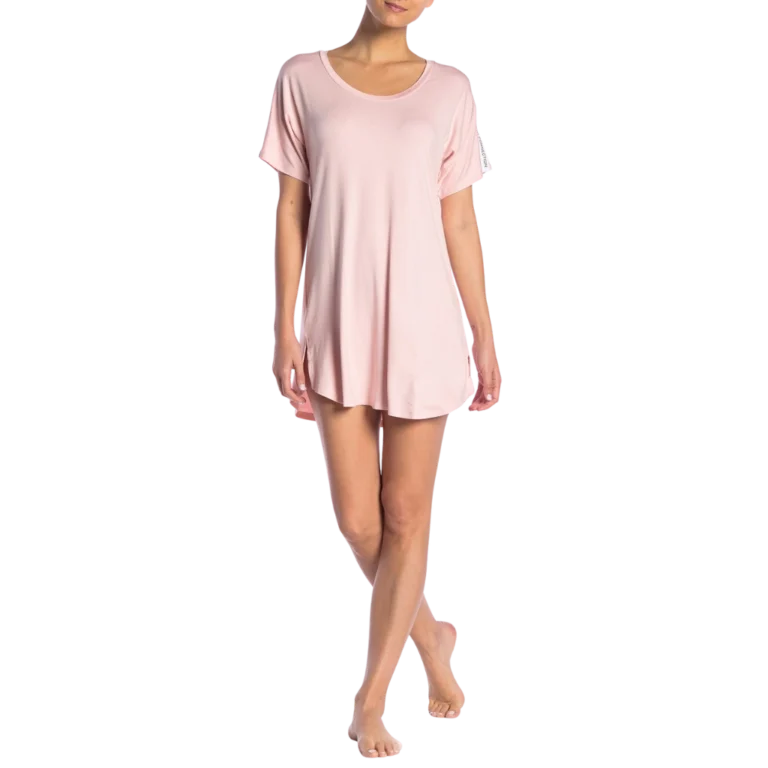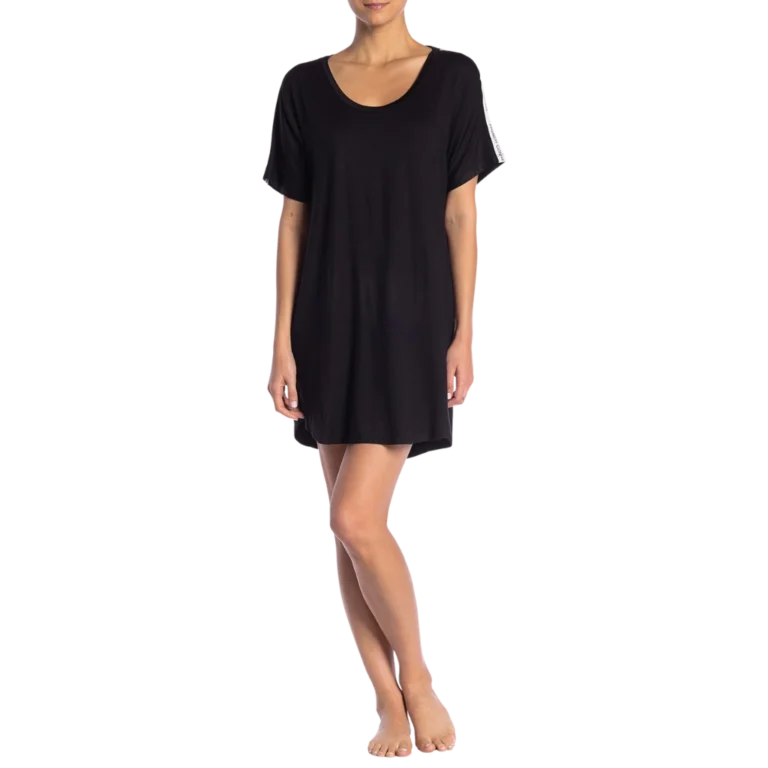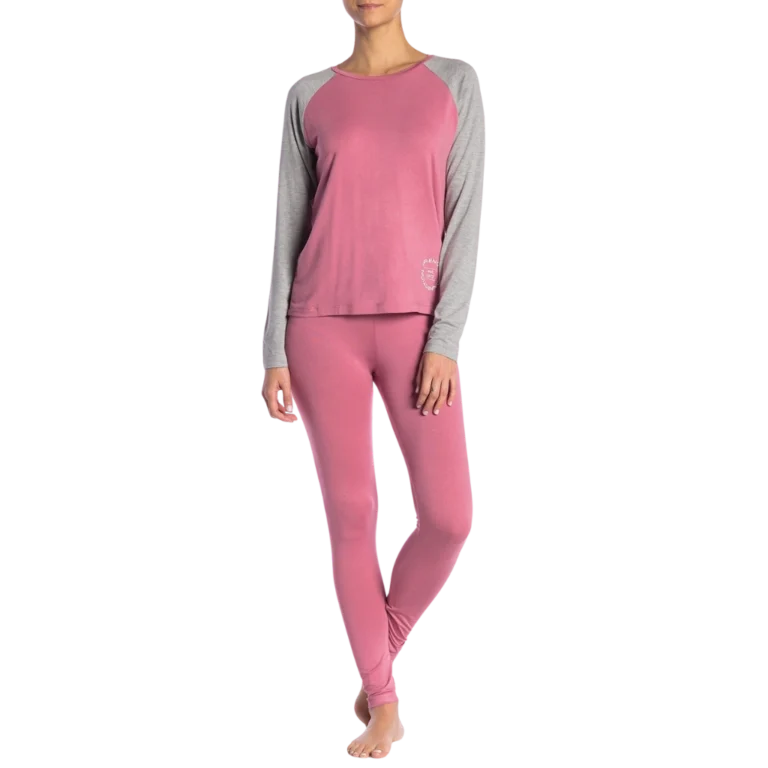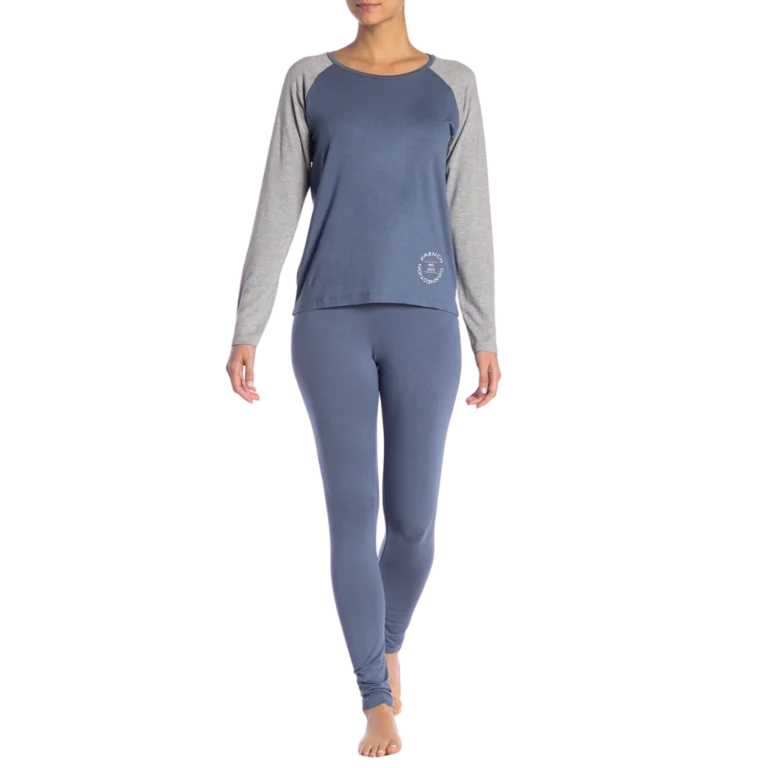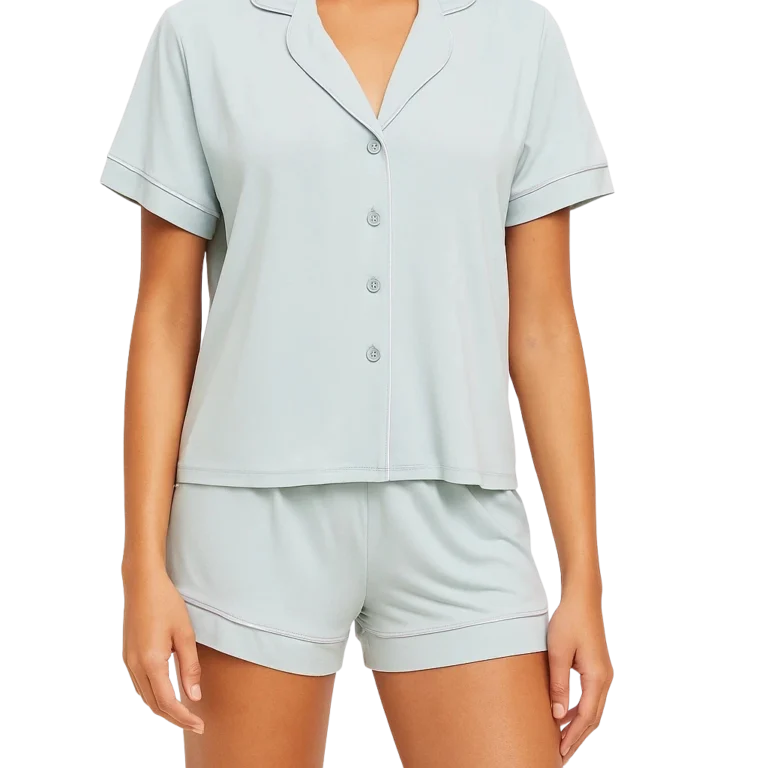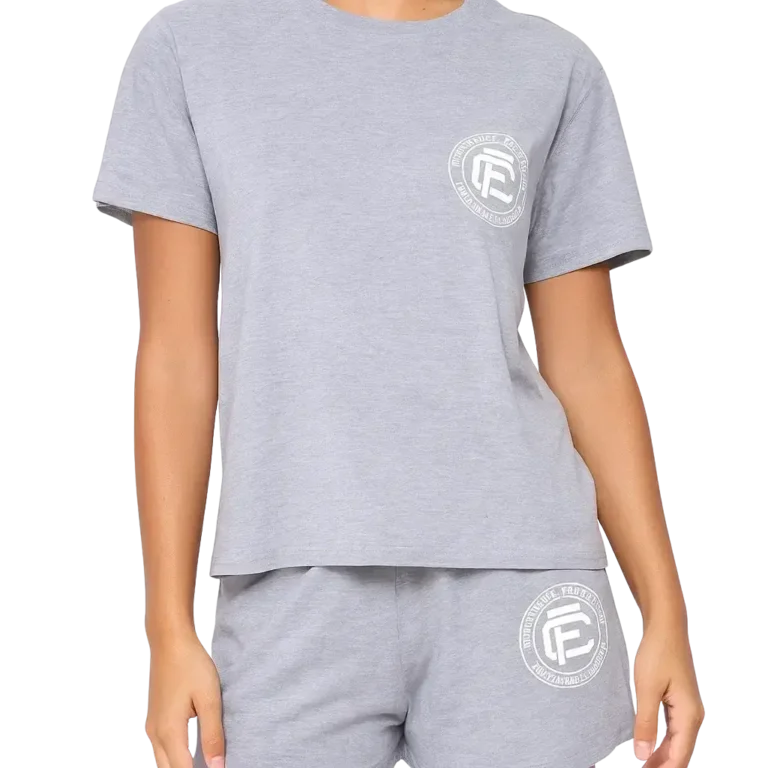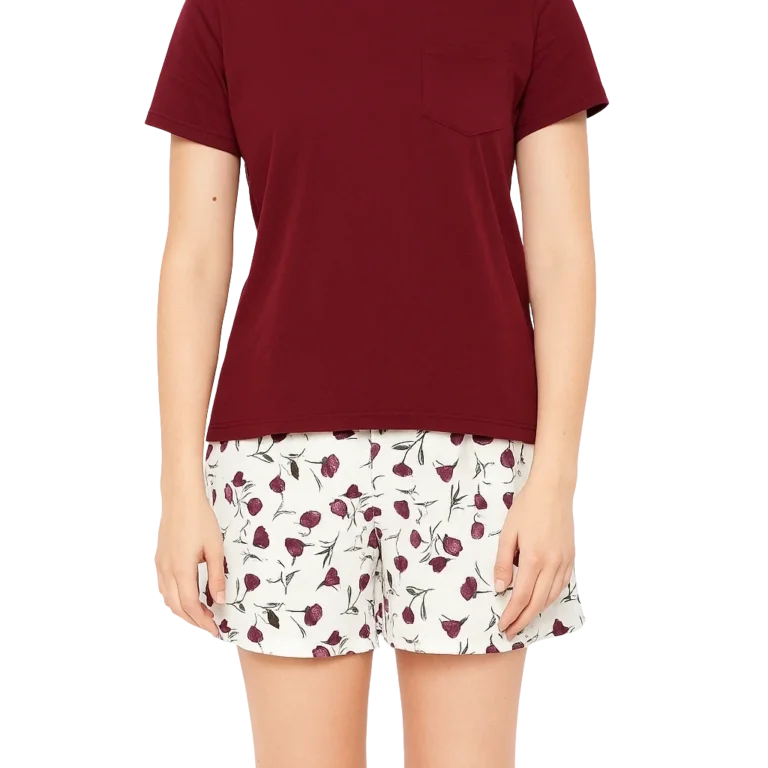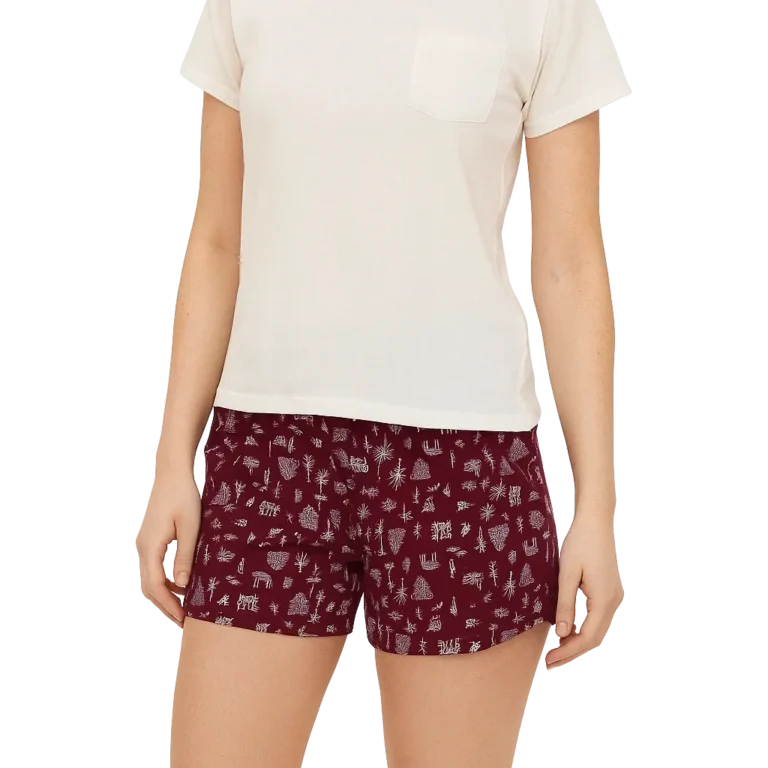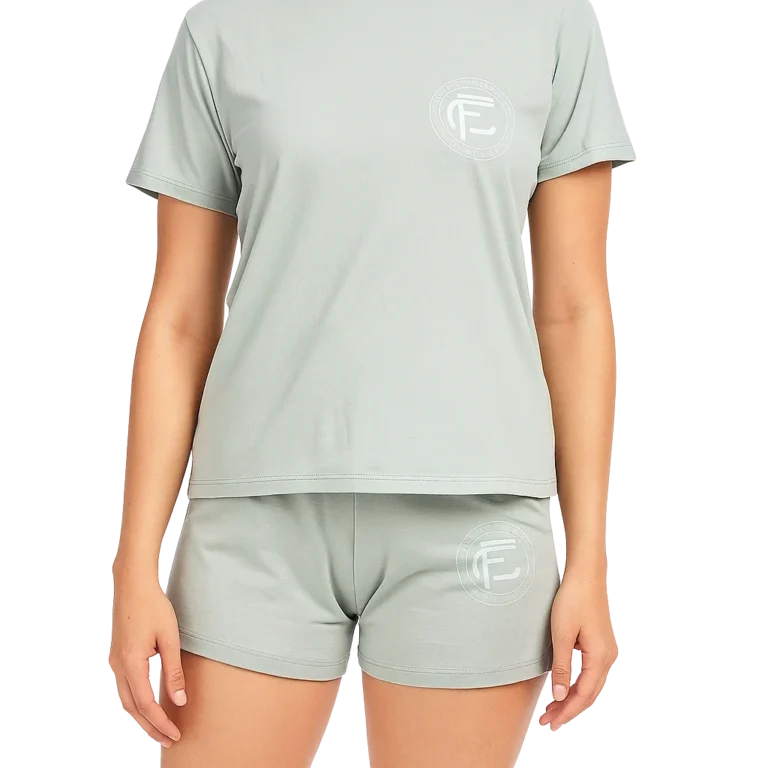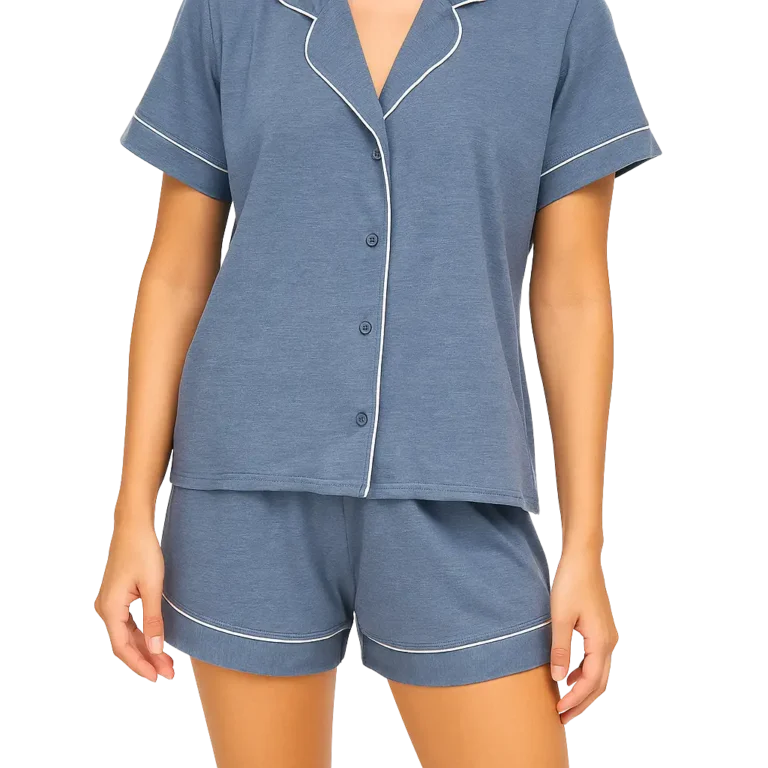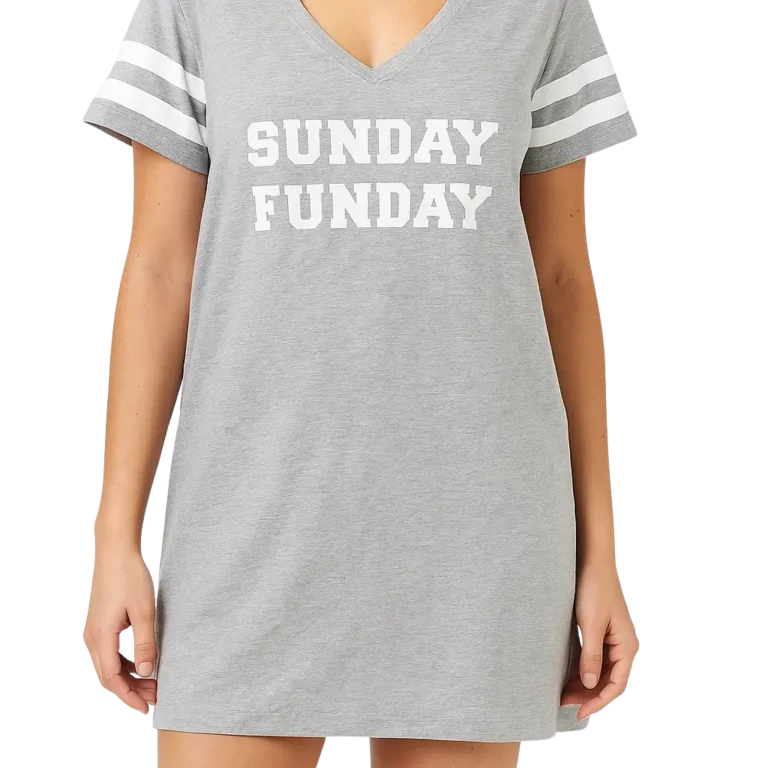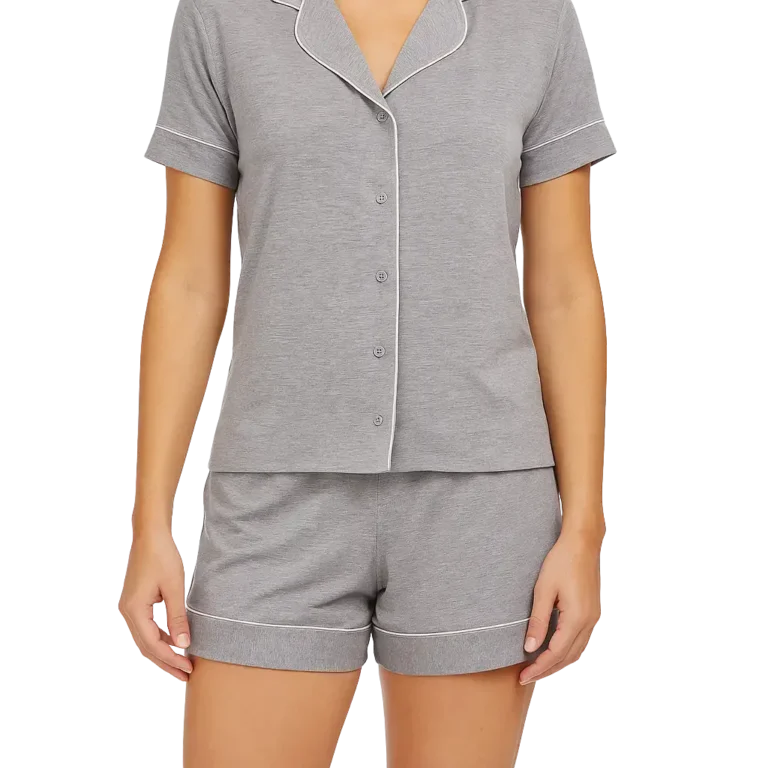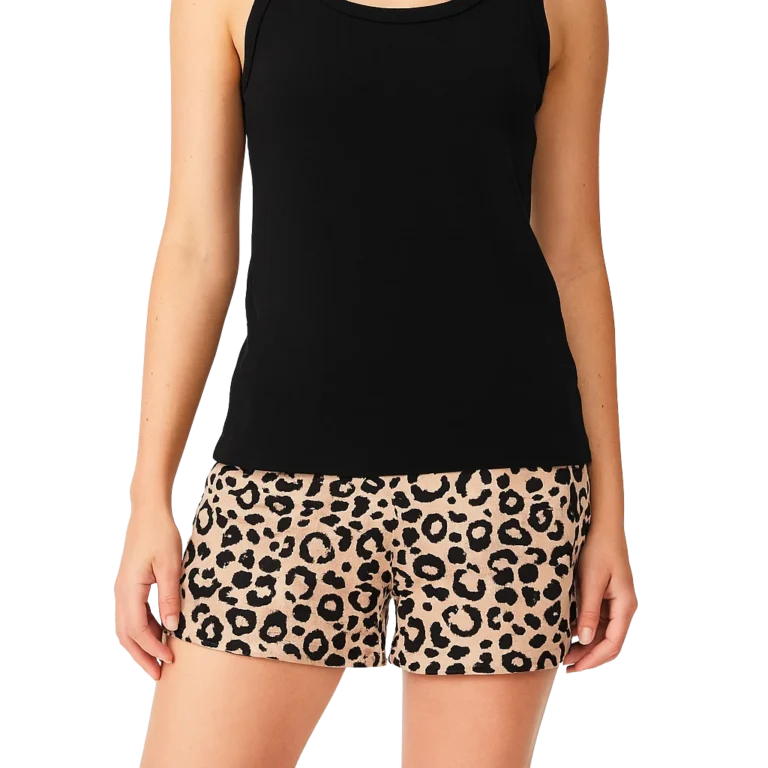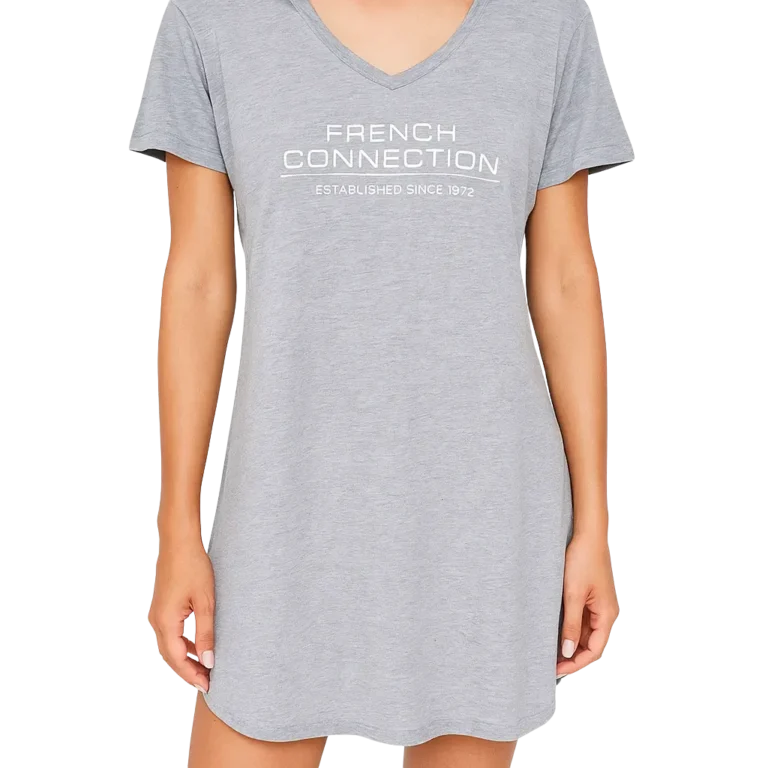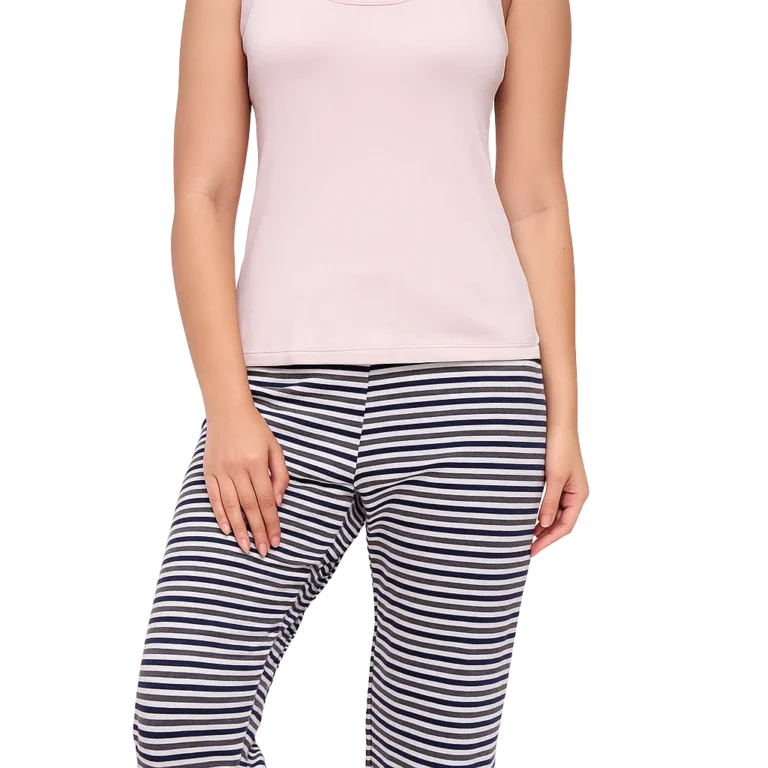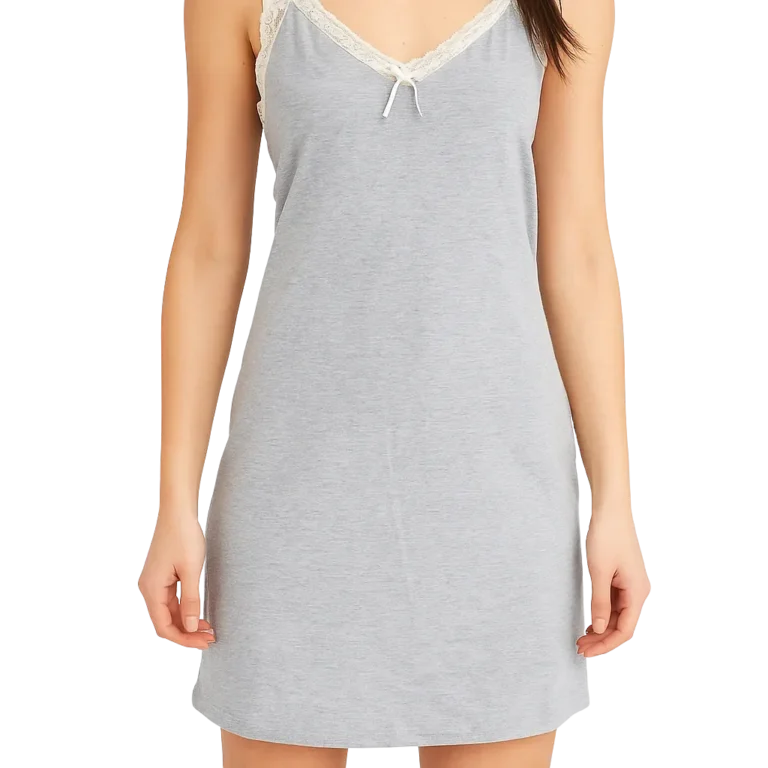The Middle East is home to some of the fastest-growing fashion markets in the world, with countries like the UAE, Saudi Arabia, Kuwait, and Qatar witnessing a sharp rise in demand for both luxury and affordable apparel. Knitwear is particularly important in this region because it bridges the gap between comfort and style. From lightweight cotton t-shirts to premium lounge sets, Middle Eastern consumers are investing heavily in high-quality, versatile knitwear.
For fashion brands in the Middle East, the question is no longer where to source but who offers the best combination of quality, compliance, and flexibility. This is where India, and particularly Tiruppur – known as the knitwear capital of India – offers a competitive edge.
Why Knitwear Sourcing Matters for Middle Eastern Brands
Middle Eastern fashion consumers are highly discerning. They value premium fabrics, modest yet stylish cuts, and durable finishes that suit both warm climates and seasonal trends. Knitwear sourcing is critical for:
Versatility: Knitwear covers a wide product range including t-shirts, polos, loungewear, sleepwear, and activewear.
Seasonality: Lightweight cotton blends for summer and mid-weight fleece or terry for cooler months.
Private label potential: Growing appetite for custom branding and boutique labels in the Gulf region.
Compliance: Buyers often require certifications like OEKO-TEX, GOTS, and BSCI.
Why India is a Competitive Sourcing Destination for Middle Eastern Brands
1. Cost Advantage Without Compromising Quality
India offers competitive manufacturing costs compared to European suppliers, while maintaining export-grade quality. This is critical for Middle Eastern buyers who want to balance margins with product quality.
2. Proximity and Logistics
Shorter transit time compared to East Asia.
Strong shipping networks via Jebel Ali (Dubai), Doha, and Dammam.
Lower freight costs for bulk orders from South India to Gulf ports.
3. Wide Fabric Selection
Indian mills supply a broad range of fabrics suited for Middle Eastern climates:
100% cotton (lightweight and breathable)
Mid-weight fleece and terry for winterwear
4. Flexible MOQs
Unlike some Asian competitors, Indian factories and sourcing offices offer low MOQ solutions that cater to startup brands as well as established retailers.
5. Compliance and Certifications
Factories in Tiruppur are well-versed in international standards:
OEKO-TEX Standard 100
GOTS (Global Organic Textile Standard)
BSCI, SA8000, WRAP for social and ethical compliance
6. Private Label and Customization
From custom prints and embroidery to branded packaging, Indian manufacturers support full private-label solutions for Middle Eastern fashion brands.

Comparing Knitwear Sourcing Options for Middle Eastern Buyers
| Factor | India (Tiruppur) | Bangladesh | China |
|---|---|---|---|
| MOQ Flexibility | Low to medium MOQs | Medium to high MOQs | High MOQs |
| Fabric Variety | Wide (cotton, blends, eco) | Mainly cotton, basic | Wide, incl. synthetics |
| Compliance | Strong focus on OEKO, GOTS | Improving but limited | Varies widely |
| Logistics to GCC | Shorter, cost-effective | Longer transit | Longer transit |
| Customization | Full private-label support | Moderate | Advanced but costly |
| Buyer Relationship | Direct + sourcing offices | Factory-direct focus | Factory-direct focus |
India (Tiruppur)
- MOQ Flexibility: Low to medium MOQs
- Fabric Variety: Wide (cotton, blends, eco)
- Compliance: Strong focus on OEKO, GOTS
- Logistics to GCC: Shorter, cost-effective
- Customization: Full private-label support
- Buyer Relationship: Direct + sourcing offices
Bangladesh
- MOQ Flexibility: Medium to high MOQs
- Fabric Variety: Mainly cotton, basic
- Compliance: Improving but limited
- Logistics to GCC: Longer transit
- Customization: Moderate
- Buyer Relationship: Factory-direct focus
China
- MOQ Flexibility: High MOQs
- Fabric Variety: Wide, incl. synthetics
- Compliance: Varies widely
- Logistics to GCC: Longer transit
- Customization: Advanced but costly
- Buyer Relationship: Factory-direct focus
Key Knitwear Categories for Middle Eastern Fashion Brands
Middle Eastern buyers typically demand the following knitwear products from India:
Casualwear: Crew neck and polo t-shirts in 160–220 GSM cotton.
Activewear: Polyester-spandex leggings, performance t-shirts, and training hoodies.
Loungewear & Sleepwear: Lightweight jersey and cotton blends, compliant with international safety standards.
Kidswear: Certified fabrics (OEKO-TEX, CPSIA compliance for US re-exports).
Modest Fashion Knitwear: Longline t-shirts, oversized silhouettes, and tunic styles.
Buyer Insights: Why India Works Well for Middle Eastern Markets
Climate-Responsive Fabrics
Lightweight, breathable cotton blends match the hot climate of the Gulf.Customization for Modest Fashion
Indian factories are experienced in producing extended-length tops, wide-fit trousers, and layering pieces that align with Middle Eastern style preferences.Scalability
Brands can start with 200–300 pcs per style and scale up to thousands as demand grows.Trust and Communication
English-speaking teams and sourcing offices ensure smoother buyer-supplier communication compared to other regions.
How to Start Sourcing Knitwear from India for the Middle East
Here’s a practical roadmap for Middle Eastern fashion buyers:
Step 1: Share Tech Packs
Provide style details, size charts, and print/embroidery references.Step 2: Review Sampling
Expect samples within 2–3 weeks for t-shirts and knitwear basics.Step 3: Negotiate MOQ & Pricing
Indian factories offer flexibility, but clear volume planning helps.Step 4: Confirm Certifications
Ensure the chosen factory provides OEKO-TEX, GOTS, or other compliance relevant to your buyers.Step 5: Plan Logistics
Shipping via Chennai or Tuticorin ports ensures faster transit to Dubai or Jeddah.
Conclusion
For Middle Eastern fashion brands, sourcing knitwear from India is not only cost-effective but also strategically smart. With Tiruppur’s strong reputation as the knitwear capital, buyers gain access to a wide fabric range, flexible MOQs, compliance-ready production, and faster logistics to the Gulf. Whether you are a startup fashion label in Dubai or an established retailer in Saudi Arabia, India offers the right balance of quality, scale, and trust.
Middle Eastern consumers are demanding versatile, sustainable, and stylish knitwear. By partnering with Indian manufacturers, brands can meet this demand while securing long-term value.
